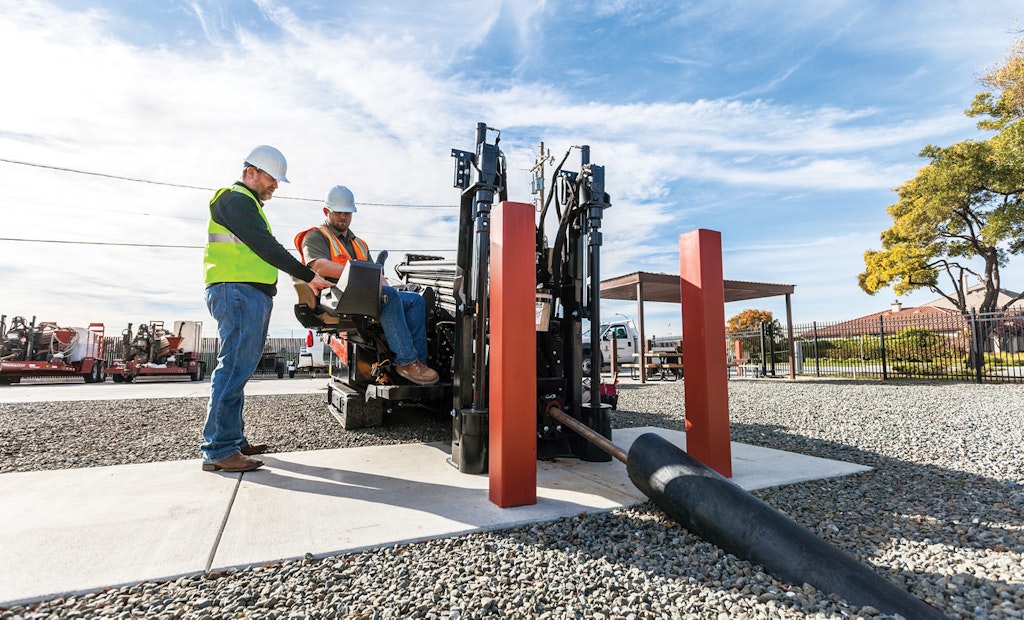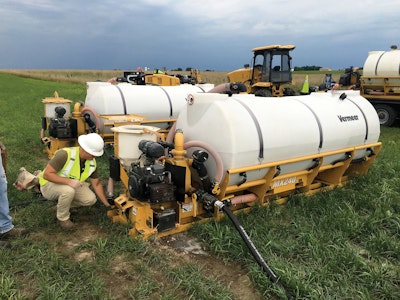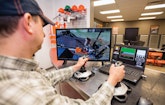
HDD operations require different training because the unique machines require operators to think differently than when using other equipment, such as thinking in three dimensions instead of two.
The evolution of horizontal directional drilling can be traced back to the early 1970s when 600-feet of steel pipe was installed under the Pajaro River in California. A lot has changed since then.
Continuous advancements in technology like GPS tracking and magnetic steering has...







